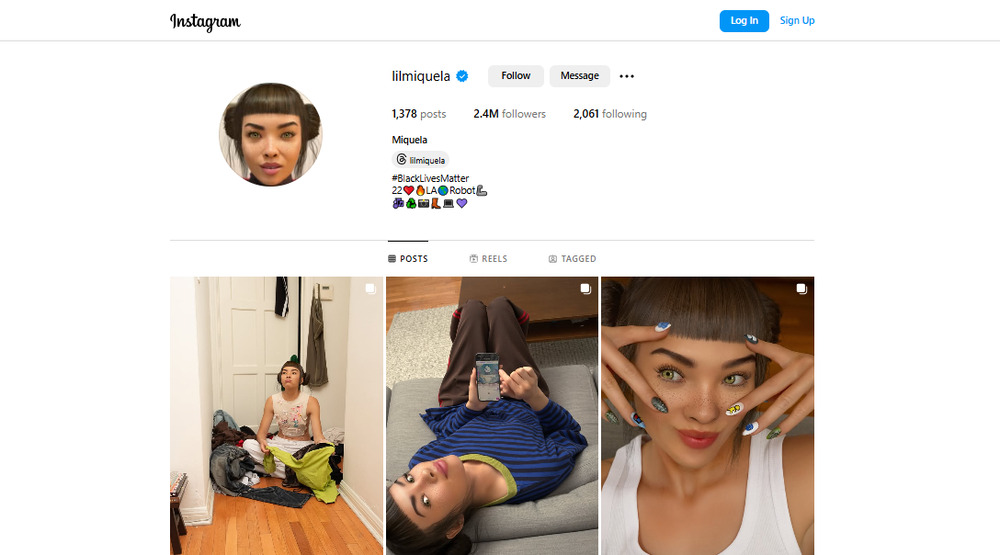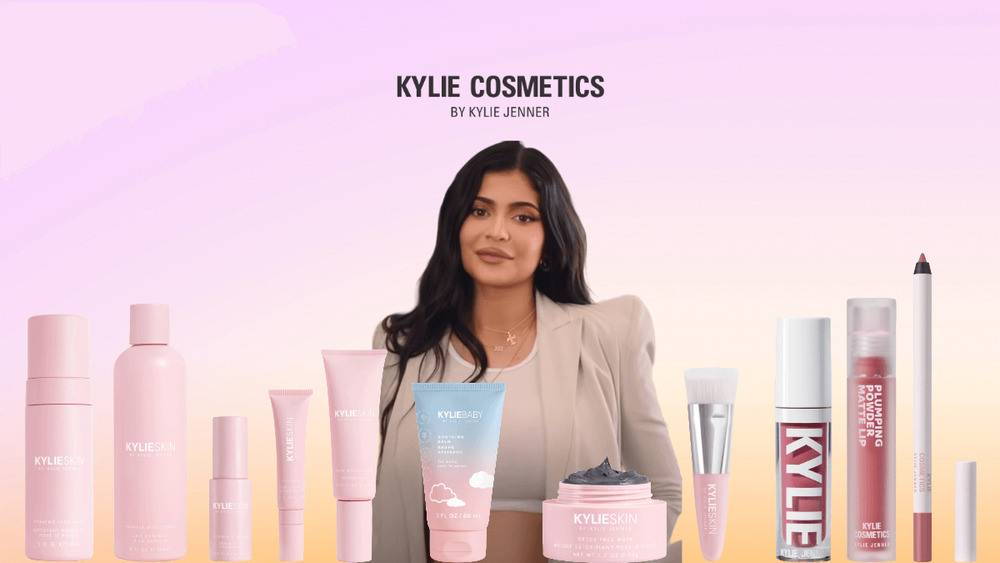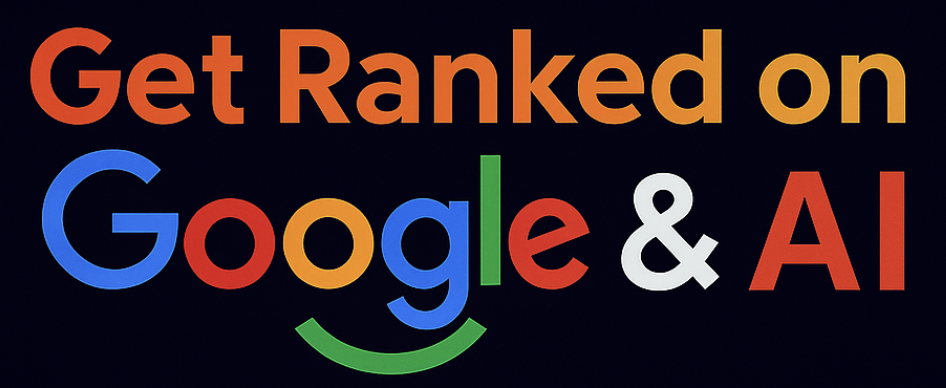Influencer marketing has evolved beyond celebrity endorsements, centring on relatable creators who connect with niche communities. Brands now rely on these authentic voices to build trust and drive engagement. With platforms and consumer behaviour constantly shifting, staying ahead of emerging trends is essential to remain relevant in a competitive space.
This article highlights six key predictions that will shape influencer marketing’s trajectory, offering insights to help brands navigate this ever-changing landscape successfully.
Table of Contents
Key Takeaways
- Influencer marketing is rapidly shifting with evolving tech, platforms, and consumer habits.
- AI enhances influencer selection and campaign performance through data-driven influencer marketing strategies and improved targeting efficiency.
- Brands are moving toward long-term influencer collaborations for a more substantial impact.
- Virtual influencers offer new creative possibilities and complete brand control.
- Transparency is essential as stricter regulations reshape campaign practices.
- Influencers are launching their own product lines, driving deeper audience loyalty.
- Campaign success is now measured through influencer marketing metrics like ROI and conversions.
- Agencies must evolve to provide end-to-end, trend-aligned influencer strategies.
Today’s Landscape of Influencer Marketing

Influencer marketing today operates in a far more complex, fast-moving environment than it did just a few years ago. To understand where it’s heading, it’s essential to recognise how the current landscape is already transforming:
- Micro & Nano Influencers on the Rise
Smaller creators with highly engaged audiences are proving more effective than mass-reach celebrities for building trust and driving action.
- Cross-Platform Influencer Campaigns
Brands are focusing their campaigns across different platforms, spanning Instagram, TikTok, YouTube, and even emerging channels like Threads to maximise reach.
- Increased Demand for Campaign Authenticity
Audiences are more discerning, favouring content that feels genuine, unfiltered, and aligned with the influencer’s personal voice.
- Transparency and Ad Disclosure
With rising scrutiny, clear disclosures like “#ad” or “paid partnership” are now expected to maintain trust and comply with platform and legal requirements.
- Data-Driven Campaigns and ROI Focus
Marketers are investing in influencer marketing only when it’s backed by measurable metrics that include engagement, conversions, and customer retention.
Wondering why the influencer marketing trend is on the rise? Explore this write-up on how social media influencers actually boost your brand marketing.
6 Predictions for the Future of Influencer Marketing
As the digital ecosystem continues to reshape how people discover and connect with brands, influencer marketing is pivotal. The next wave of change will be shaped not only by creators and platforms, but also by emerging technologies, consumer expectations, and regulatory shifts.
1. AI-Driven Influencer Matching

Brands are beginning to leverage artificial intelligence to streamline influencer discovery and enhance campaign effectiveness. With sophisticated algorithms analysing factors such as audience demographics, engagement quality, past performance, and niche relevance, AI-powered platforms can quickly pinpoint ideal influencers for specific campaigns.
This data-driven approach significantly reduces guesswork, improving the accuracy of influencer selections and enabling marketers to launch targeted campaigns with a higher potential for conversion and audience resonance. As a result, expect influencer marketing to become more precise, efficient, and impactful than ever before.
2. More Long-term Influencer Partnerships

Short-term influencer campaigns are paving the way to deeper, more sustained collaborations. Brands are increasingly working with creators who align with their identity over the long run, allowing for consistent storytelling and stronger audience connection.
These ongoing partnerships foster authenticity in influencer marketing, as they naturally integrate the brand into their content rather than treating it as a one-off mention. The relationship builds familiarity and brand trust for the business and the creator, leading to higher engagement and longer-lasting impact.
3. Growth of Virtual & CGI Influencers

Virtual influencers offer brands full control, consistency, and creative freedom through lifelike digital personas. Free from human limitations, they present a cost-effective, low-risk way to engage audiences with futuristic, brand-aligned content.
According to The Economic Times, virtual influencers mimic human traits to build emotional connections while offering brands a safer and more controlled form of representation.
Major names like Nike, Calvin Klein, and Samsung have already embraced this trend through partnerships with figures like Lil Miquela. This rise signals a shift toward a digital identity-driven future in influencer marketing.
4. Stricter Regulations & Transparency

Transparency in influencer marketing is set to face increased scrutiny. Clearer standards for disclosures such as explicit labelling of paid partnerships will soon become non-negotiable, driven by growing demands from consumers and regulators alike.
Brands and influencers must adapt swiftly, embracing openness as a core practice rather than a mere compliance requirement. This shift toward stricter guidelines will redefine influencer-brand interactions, placing honesty at the centre of successful campaigns and safeguarding audience trust in an increasingly sceptical market.
5. Influencer-Led Product Lines

Influencers are increasingly stepping beyond content creation, directly shaping products and driving innovation. They are leveraging their deep understanding of audience preferences to design or co-brand products tailored specifically for their followers.
This entrepreneurial shift empowers creators as endorsers and genuine business partners simultaneously, sharing in the growth and success of the brands they represent. Such partnerships redefine influencer marketing itself, as audiences eagerly embrace products that authentically reflect their favourite creators’ personal style and values.
Interested in collaborating with Malaysia’s top influencers to launch your next standout product? Check out this curated list of Malaysia’s best social media influencers to follow in 2026 and find your perfect match!
6. Shift to Performance-Based Models

Influencer marketing is entering a results-driven era where accountability takes precedence. Campaigns are no longer judged primarily on vanity metrics like follower count or basic engagement rates. It’s now measured in forms of conversions, sales, and customer acquisition.
According to Kasumovic (2026) on Influencer Marketing Hub, brands are shifting focus toward precision, personalisation, and performance over mass reach, reflecting a broader demand for campaigns that deliver tangible ROI.
This shift is redefining the value of creators. Influencers who can drive real impact will become critical partners in shaping campaigns that truly contribute to growth.
The Role of Influencer Marketing Agencies

As the industry evolves, so does the role of influencer marketing agencies. To keep pace with the rise of influencer-driven marketing, agencies must evolve beyond simple matchmaking and step into the role of strategic growth partners:
- AI-Powered Influencer Discovery
Agencies could use intelligent tools to identify creators whose audience, engagement, and content style align with campaign objectives.
- Strategic Long-Term Collaborations
They should help foster ongoing partnerships by handling relationship management, contract structuring, and content planning across multiple touchpoints.
- Integration of Virtual Influencers
For brands interested in exploring digital personas, agencies should provide guidance on creative direction, production, and audience targeting.
- Regulatory Compliance & Transparency
Agencies can ensure that all influencer content meets evolving legal and platform-specific requirements, reducing risk for brands.
- Product Co-Creation & Brand Alignment
Some agencies now facilitate influencer-led product development, overseeing branding, design input, and campaign rollout.
- Performance Analytics & Optimisation
Beyond managing content, agencies should also track campaign performance in real time, offering insights to improve influencer marketing ROI and guide future strategies.
Conclusion
Influencer marketing is entering a new phase shaped by smarter tools, changing regulations, and deeper partnerships between brands and creators.
As the landscape continues to shift, brands that invest in thoughtful, performance-driven strategies will be better positioned to build lasting connections and drive real impact through influencer collaborations.
If you’re ready to take a more strategic approach to influencer marketing, Newnormz digital marketing agency is here to help you lead with clarity, creativity, and measurable results. Contact Newnormz today and discover how we can elevate your next campaign.






